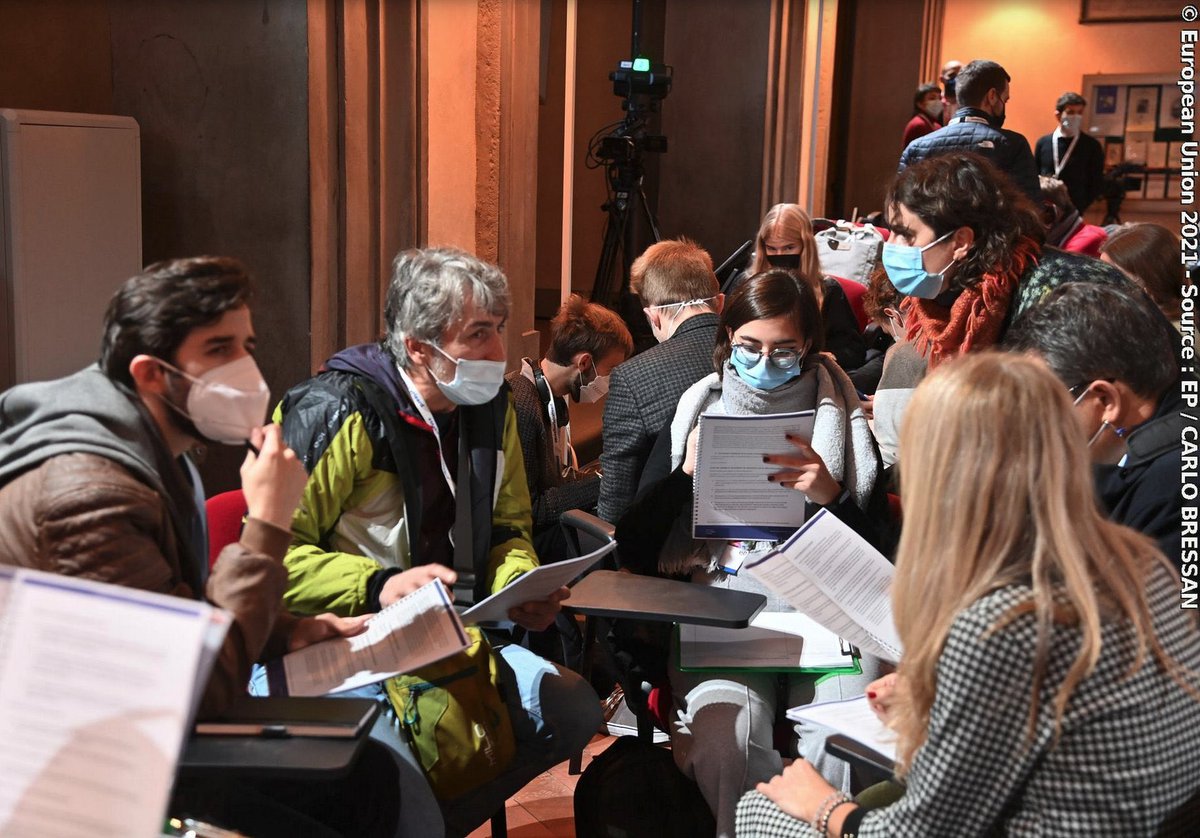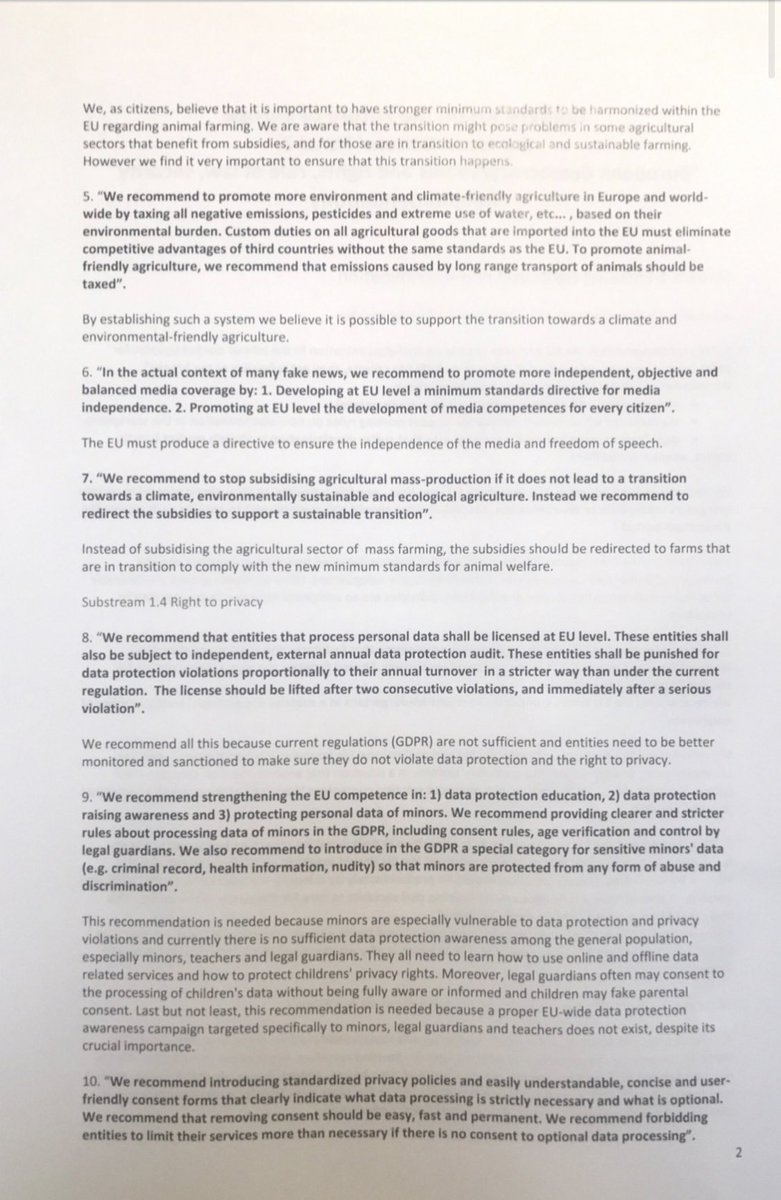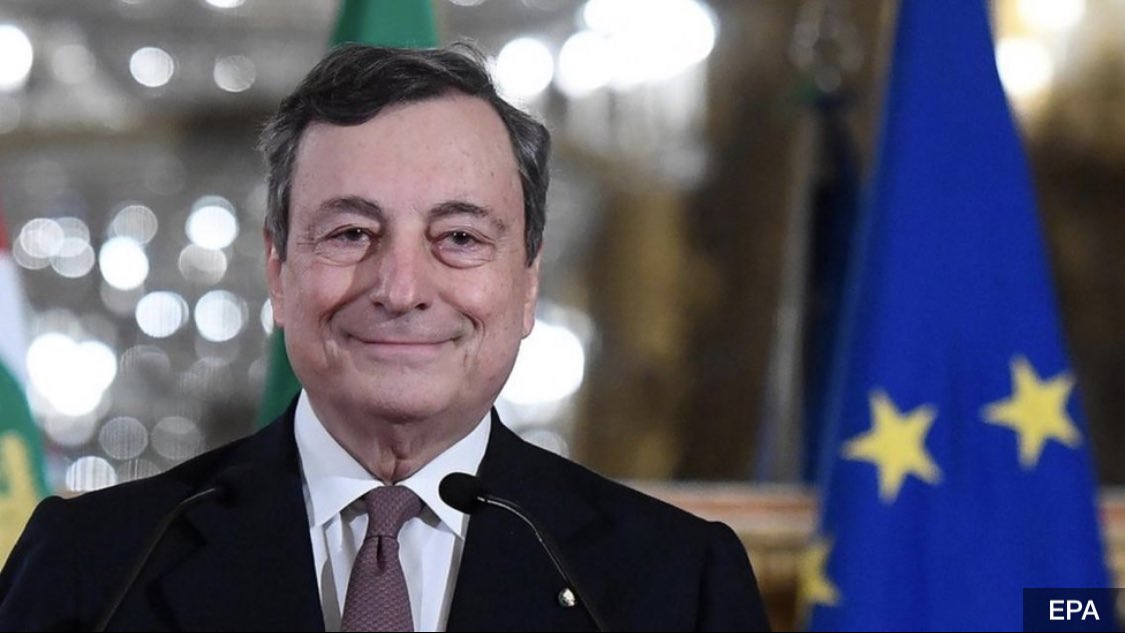
Let’s be frank: What Ukraine needs is not full EU membership (unrealistic today), but the prospect of greater access to the EU market, and that beyond the Association Agreement which underperformed.
How to attain that? 🧵
A thread on #Ukraine️EU after #EUCO
How to attain that? 🧵
A thread on #Ukraine️EU after #EUCO

1. Ukraine's future into the EU should go beyond the narrow opposition:
Full membership vs Association Agreement
Neither of them would do justice to the emergency circumstances characterizing #Ukraine️' s demand nor the country's needs
Full membership vs Association Agreement
Neither of them would do justice to the emergency circumstances characterizing #Ukraine️' s demand nor the country's needs
2. The Association Agreement with the European Union - which originally triggered the Revolution and permanent war since 2014 - never delivered on its commercial promises with the EU benefiting more than Ukraine 

3. Besides the many remaining obstacles to its trade with the EU, Ukraine is set to be the heaviest hit third country by the Carbon Border Adjustment Mechanism (CBAM) #CBAM
4. As EU membership is not (and won't be) on the table and the remaining and new obstacles to the EU market, what Ukrainians need is the prospect of greater market access, after the war.
5. What about Norway, Switzerland, Iceland, Liechtenstein opening up their EFTA so as to allow Ukraine to then join the EEA?
This has been EFTA's historical role: incubating the accession into the EU
This has been EFTA's historical role: incubating the accession into the EU
6. While EFTA was established by wealthy countries, it could be re-oriented towards different goals and being open to other neighboring countries.
Reactions welcome!
Reactions welcome!
• • •
Missing some Tweet in this thread? You can try to
force a refresh













